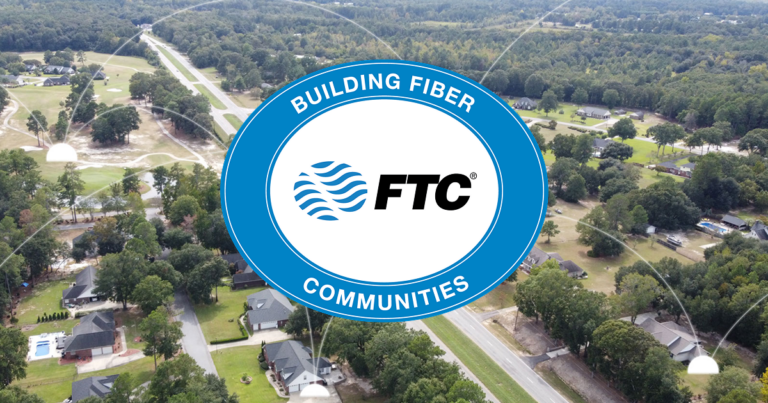VoIP is an alternative way to make and receive telephone calls, using the internet instead of the public telephone network. Also known as “internet telephony” or “IP telephone” because of its use of internet communication wires, VoIP is an abbreviation for Voice over Internet Protocol. The technology has been around for a while and most phone companies already use VoIP behind the scenes to make their networks more efficient. Until recently, most telephone customers still used traditional phone lines. Now, thanks to the low cost and added benefits, more people and businesses are switching to VoIP.
How Does VoIP Work?
For the user, making a phone call with VoIP is the same as it is using traditional telephone service. First, the caller picks up a phone handset and enters a number. Then, on the other end, the call receiver answers, and the two parties start talking.
What is happening under the surface, however, is more complex.
VoIP vs. Landlines
VoIP phone lines use modern internet technology to compress audio data and provide a more cost-efficient calling service than landlines. But to understand how VoIP works, one must first understand how traditional telephone lines work.
In traditional telephone services, calls travel over a dedicated network called the public switched telephone network (PSTN). This network began as a collection of analog systems but is now digital and includes copper wires, fiber-optic cables, communications satellites, microwave transmission systems, and a host of other technologies. Over many years, the PSTN has grown away from its humble origins as a collection of poles, wires, and switchboards, but it is still built primarily around the needs of transmitting voice signals.
The traditional phone system operates via a method called circuit switching that requires the connection, or circuit, to remain open for the duration of the call. Users can think of it as a 10-minute call requiring a constant 10-minute connection going in both directions. The voice data and silence are transmitted across the lines equally.
The internet, on the other hand, is designed to transmit data more efficiently using a method called packet switching. In this process, data are broken into many tiny packets and sent as needed. VoIP requires less connection time as it sends only from the callers’ end when they are talking since there is no need to transmit the caller’s silence when they are listening. A 10-minute call does not require a constant 10-minute connection, so it is therefore much cheaper. And with the improved reliability of fiber networks, VoIP is now an attractive option for users, regardless of cost savings.
Why Would One Use a VoIP Phone?
For consumers who already have quality, high-speed internet connections in their homes, leveraging a VoIP voice line is easy and offers a long list of advantages. Some of these benefits include:
- Attractive pricing: Because it uses a consumer’s existing internet service to make its connections, VoIP can offer great pricing to those who choose it. This is especially the case when features are factored in as VoIP often includes an array of premium calling features while the same options often carry added fees for traditional landlines. Long-distance service is often included with VoIP while traditional landlines can carry added charges.
- Many features: VoIP lines often come with a collection of built-in features at no added cost to consumers. These can include premium options such as:
- Call Waiting
- Caller ID Name/Number
- Voicemail
- Voicemail-to-Email Delivery
- Anonymous Call Rejection
- Automatic Call Return
- Automatic Redial
- Call Forward
- Do Not Disturb
- Three-Way Calling
- Simple setup: Consumers who want to switch over to FTC VoIP can typically do so very easily. No special type of telephone is required, so they can keep using the same devices they already have in place.
To find out how VoIP can improve your calls and save you money, give FTC a call at 888-218-5050 or stop by one of our seven stores. One call to us can mean better calls for you and likely big monthly savings for your wallet.
Join those who are already enjoying the benefits of VoIP!




